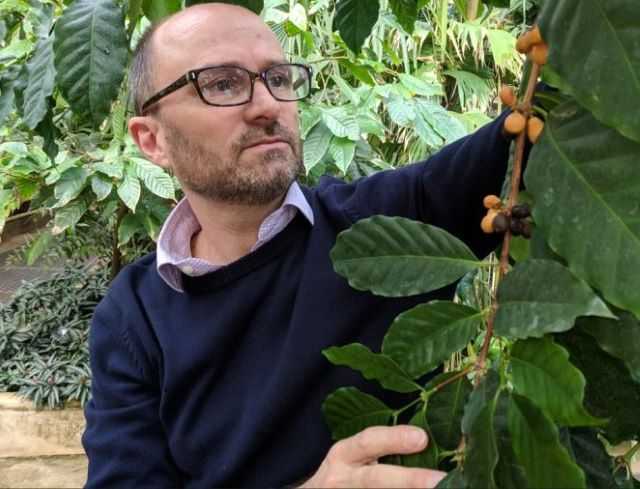BOSTON – The sensory summit organised by the Specialty Coffee Association (Sca) was held in Boston, USA, in September last year. We report on the talk by Aaron Davis of the Royal Botanic Gardens, the third in the Re:co symposium lecture series, exploring the role of wild and under-exploited coffee species for their potential and possible future use.
The panel also included Vern Long, the Chief Executive Officer of World Coffee Research, Hanna Neuschwander, the communications director for World Coffee Research, Dr Sarada Krishnan, Executive Director of International Women’s Coffee Alliance (IWCA) and Dr Catherine Kiwuka, in-situ conservationist with Uganda’s National Agricultural Research Organisation.
Davis, focus on new species
The conference started with the late 2018 rediscovery of Coffea stenophylla – a species that is not related to either Arabica or Robusta – in Sierra Leone, confirming its high in-cup yield.
This premise fed the already open debate in the community about the role of non-commercial and under-utilised species in the future of this raw material.
The Boston panel includes different perspectives, in an overview of species with commercial or breeding potential led by Dr Aaron Davis of the Royal Botanic Gardens.
Topics covered include the importance of preserving wild species
What measures are needed for their effective conservation, as well as the legal and moral issues surrounding access to these species.
The analysis also focused on the potential of these species in coffee breeding and examples of how farmers are already exploring niche markets for rare varieties.
About Doctor Aaron Davis
Aaron Davis is Senior Research Leader of Crops and Global Change at the Royal Botanic Gardens, Kew, UK. His research focuses on coffee and is documented by a wide range of scientific publications, including those on coffee species naming and classification, molecular (DNA) studies, conservation, climate change, agroecology and sustainable development.
He is the world’s leading authority on coffee species and has travelled extensively in Africa and Madagascar to study coffee plants in the wild and in cultivation. His current work includes the use and development of wild and under-exploited coffee species, particularly in the context of climate change adaptation and sensory diversification.

















